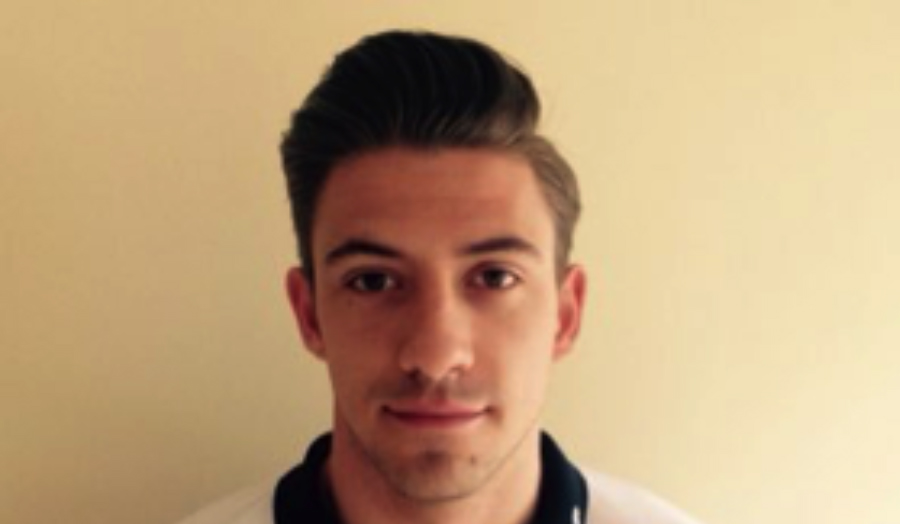A few months before Leicester City Football Club won the Barclays Premier League, Matt Willmott, ex London Met student, joined the club (coincidence?). Matt completed his MSc in Sports Therapy at London Metropolitan University and previously worked for Milton Keynes Dons before becoming Lead Youth Development Sports Scientist at Leicester City FC. Matt is also an accredited strength and conditioning coach and be followed on Twitter.
Here Matt explains what it is like to work in professional football and how sports therapy and London Metropolitan University contributed to his success.
Why did you want to become a sports scientist/therapist?
I am a sports enthusiast, and in particular love the physical conditioning and preparation of elite sportsmen. As a fairly successful sportsman myself, I understand the role and physical requirements needed for elite sport – so being able to learn and develop my own strategies to push boundaries in this area was always something highly attractive.
How did you start your journey towards being a sports scientist?
I always wanted to go to university to continue my studies following A levels. I studied four subjects at A level: Physics, Physical Education, Psychology and History, and was accepted onto the Sport and Exercises Science undergraduate course at University of Birmingham. This was ideal, as the university is regarded one of the top universities for the subject and was able to gain my knowledge base and begin to understand sport science in much more depth.
You also undertook an MSc in Sports Therapy at London Metropolitan University. How did this affect your professional development?
Starting the course at London Met was a way for me to further my education in a field that is highly applicable – in elite sport settings. In particular areas, such as rehab and basic mechanisms of injuries or understanding the potential reasons/causes for developing specific injuries, the course has allowed me to develop and deliver a greater standard of strength and conditioning or fitness programmes. Having this understanding and knowledge has also allowed me to create better-quality relationships with the medical staff and I can assist them in providing late-stage rehabilitation sessions.
You have recently been employed as a sport scientist at Leicester City FC. What does your typical day at work look like?
A typical morning will consist of monitoring and assessing the players’ abilities to train on that specific day. We will carry out a variety of tests; some as basic as a subjective questionnaire, others more objective such as drop jumps to assess reactive strength index or hamstring strength using a Nordbord. Once we know numbers for training, we meet with the coaches to discuss training, training goals and objectives and design an appropriate session.
Directly prior to training we conduct movement preparation or muscle activation exercises along with basic warm-up routines. Here we have a chance to develop any specific physical aspects such as speed, agility etc. During training, players are monitored using global positioning systems (GPS) and heart-rate straps and we can then analyse the potential impacts the session has on the player which can allow us to measure exertion from an acute and chronic point of view. We will often do some strength and conditioning prior- or post-training depending on the day and scheduling. Here, the programmes vary, but we will often aim to develop correct movement patterns and then as they mature, we can begin to work on strength and power, for example. If appropriate, we may also conduct some recovery sessions. Strategies for these include foam rolling, active recovery and mobility work.
How do professional players differ from amateur?
Of course, technically they are far superior but I also believe physically and mentally they are ahead of the amateurs. The physical requirements of the professional game have developed and continue to develop, and are more demanding than ever. The players also have to be mentally very strong, to be able to deal with more pressure, and have a lot more expectations placed upon them.
How did London Met prepare you for the real world?
Firstly, London Met helped me develop more knowledge, but also helped me develop the interpersonal and professional skills when it comes to interacting with athletes.
It’s all well and good having the knowledge – but if you cannot coach and cannot communicate well with other people then you will not be very effective. Gaining first-hand experience of this during placement modules for example was a great way to begin developing these crucial skills.

